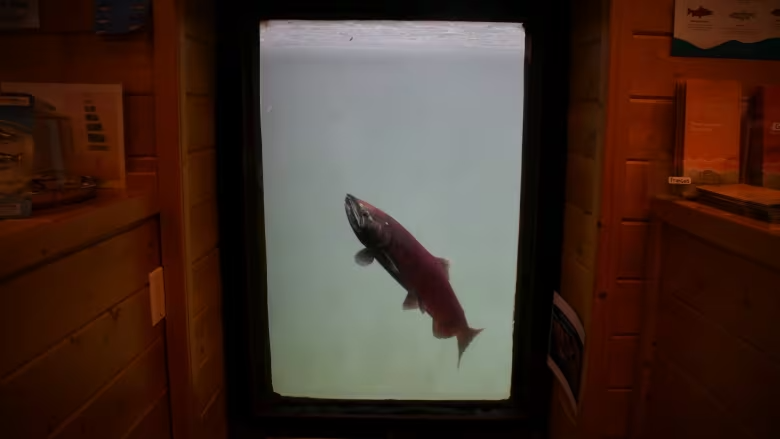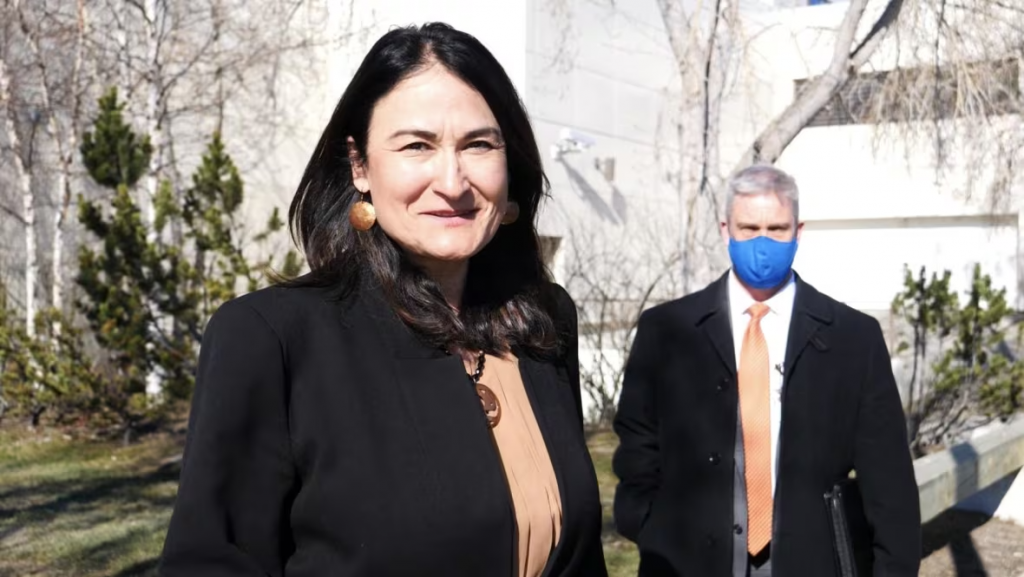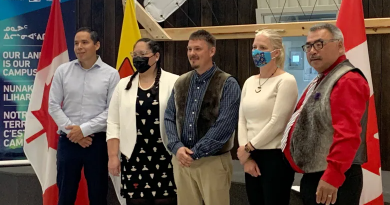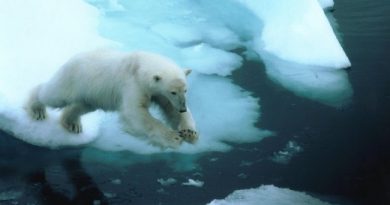Canadian experts decry Alaska study on parasite afflicting Yukon River chinook salmon

‘Maybe this year isn’t a good year to be doing the study, when there’s no fish to study,’ says chief
Alaska researchers will continue a controversial study this year on a parasite in Yukon River chinook salmon that requires killing hundreds of fish — a move that’s drawn sharp criticism from Canadian experts.
The study, led by the U.S. Fish and Wildlife Service and the Alaska Department of Fish and Game, is trying to determine the prevalence and impact of disease-causing ichthyophonus in migrating chinook. It was launched last year in the wake of major discrepancies between the numbers of salmon counted near the mouth of the Yukon River compared to the Alaska-Yukon border, suggesting thousands of fish were dying mid-migration.
There’s currently no non-lethal way to test for ichthyophonus; researchers must examine a fish’s flesh and organs. Researchers killed 452 chinook for the study in 2022, triggering blowback due to the record-low run size — approximately 12,000 salmon made it to Canada — and closures on even subsistence harvest.
This year’s run is forecasted to be larger but still thousands of fish short of conservation goals.
Both Canada and U.S. officials say they will likely prohibit harvest again, but in a presentation at the Yukon River Panel’s pre-season meeting last week, the U.S. Fish and Wildlife Service’s Yukon River fisheries manager said researchers plan to take 720 chinook for the ichthyophonus study.
“We believe this project is necessary so we can quantify the biological impact of this disease and provide responsible and actionable advice to fishery managers,” Holly Carroll said.
‘It is going to push our fish into extinction’
Several Canadian Yukon River Panel members strongly disagreed.
“We need to get every fish we can to the spawning ground, every single one, and this project is not helping that … I think Canadians are unified in this approach, that this project should not happen,” panel member Elizabeth MacDonald said during the questions and comments period.
“It is going to push our fish into extinction, more than they currently are, and we cannot have it.”
Panel member and Vuntut Gwitchin First Nation Chief Pauline Frost also questioned why the study was necessary when there are already not enough fish returning, and when communities like hers have sacrificed traditional harvest in hope of protecting the salmon who do show up.
“Maybe this year isn’t a good year to be doing the study, when there’s no fish to study,” she said.

While preliminary results from the testing of 2022 chinook indicated a high prevalence of ichthyophonus — around 40 per cent, the highest ever detected — Carroll said the data was inconclusive how the parasite impacted in-river mortality, in part because researchers collected far fewer fish than planned.
Last year’s project was to include 200 fish each from four sites: Pilot Station, Raids, Fort Yukon and Eagle. However, the Fort Yukon site didn’t open due to staff shortages and the chinook sampling at Eagle was reduced to 50 due to the poor run.
Study ‘upsetting’ to some, manager acknowledges
Carroll said this year, researchers determined they only need 180 chinook from each of the four sites, but that multiple years of sampling across varying environmental conditions are required to produce reliable data and findings.
While she said there is support and encouragement for the study, she also acknowledged the “elephant in the room” and that some would consider it “upsetting” that chinook are being killed at a time when run sizes are already well below average.
However, Carroll said researchers can only study the impacts of ichthyophonus when it’s present in the population — it’s cyclical, and there are years-long stretches where it doesn’t appear at all. She said it was crucial to know if ichthyophonus really is the culprit behind tens of thousands of fish “disappearing” between the mouth of the river and the border in recent years, and if so, how to address the issue.
“As a biologist, my number one goal in order to fight for salmon is to understand them,” Carroll said.
“Right now, there is something that is making them very sick, and I need to understand what that is, and I really hope this study gets usable, actionable answers because we cannot manage fishing until we understand how many are dying.”
Her explanation didn’t win over panel member Dennis Zimmerman.
“I look at it in a completely different way, and I guess my perspective is that I don’t see how we ethically [or] respectfully … can be killing fish right now,” Zimmerman said.
“I want to be on the right side of history on this one and I want my kids to know that I did everything I could to make sure that we did everything we possibly could for Canadian-origin chinook,” he continued.
“I cannot stand by and support this project as a panel member from Canada in any way, shape or form.”
Related stories from around the North:
Canada: ‘Significant’ amounts of mercury in permafrost threatens Arctic food supply, research says, CBC News
Finland: Citizens’ initiative prompts Finnish lawmakers to consider microplastics ban, Yle News
Greenland: Greenland accedes to UN treaty against mercury pollution, Eye on the Arctic
Sweden: Swedish raft made from trash draws attention to plastic pollution, Radio Sweden
United States: Keep Yukon ore out of Haines, Alaska, conservationists say, CBC News.



